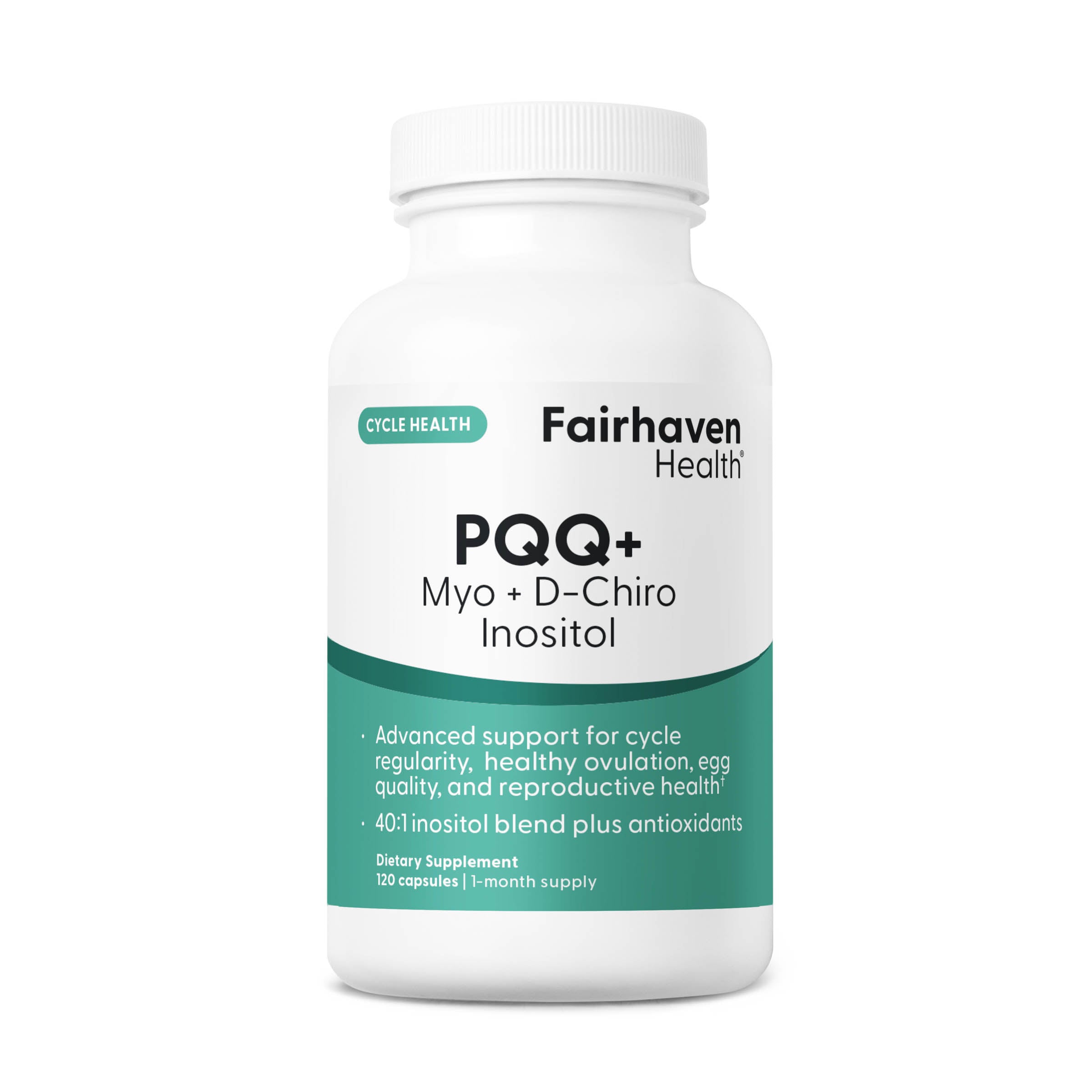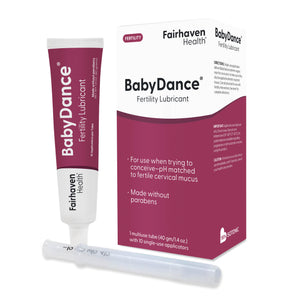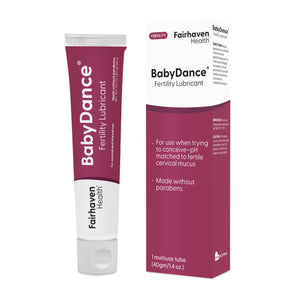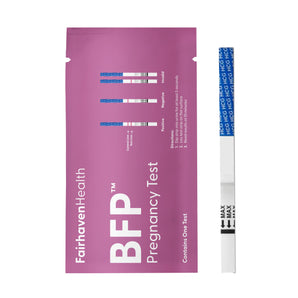 A new study indicates that if you are undergoing IVF, antioxidants just might improve your chances of achieving success.1 In the study, researchers answered the question, “Does the inclusion of three antioxidants (A3), acetyl-l-carnitine (ALC), N-acetyl-l-cysteine (NAC) and alpha-lipoic acid (ALA), improve human embryo development and pregnancy potential?”
A new study indicates that if you are undergoing IVF, antioxidants just might improve your chances of achieving success.1 In the study, researchers answered the question, “Does the inclusion of three antioxidants (A3), acetyl-l-carnitine (ALC), N-acetyl-l-cysteine (NAC) and alpha-lipoic acid (ALA), improve human embryo development and pregnancy potential?”
To answer this question, they gathered a total of 1,563 oocytes (egg cells) from 133 women in two in vitro fertilization centers and treated those cells with the three antioxidants. In female patients 35 to 40 years old whose egg cells had been treated with the antioxidants implantation rate was significantly higher (50% to 57.5%) compared to the cells not treated with the antioxidants (23.5%). The IVF success rate was higher in egg cells treated with the antioxidants. There were more ongoing pregnancies in patients in this same age group in women whose egg cells had been treated with antioxidants (50%) compared with the untreated controls (25.8%).
The study authors concluded, “The presence of antioxidants during IVF and embryo culture for patients 35-40 years resulted in a significant increase in implantation and pregnancy rate. Supplementation of antioxidants to IVF and culture media may therefore improve the viability of human embryos in assisted reproductive technologies, plausibly through the reduction of oxidative stress.”
Oxidative stress occurs when the body makes too many free radicals and the body’s natural antioxidant defenses are overwhelmed. Free radicals have an uneven number of electrons, which makes it easy for them to react with other molecules. This can cause damaging chemical reactions known as oxidative stress. Antioxidants donate an electron to free radicals, which makes the free radicals more stable and reduce oxidative stress. When egg cells are exposed to oxidative stress, the quality of the egg may be diminished.
Does supplementing with oral antioxidants improve egg quality and fertility?
Good question! This study discussed here involved treating egg cells with antioxidant nutrients, acetyl-l-carnitine (ALC), N-acetyl-l-cysteine (NAC) and alpha-lipoic acid (ALA), during IVF procedures, so the results of this study don’t necessarily predict how taking antioxidant nutrients orally will improve egg quality and/or your chances of conceiving naturally. However, many studies2-5 (but not all)6 have shown that antioxidant supplements can support fertility. Research indicates antioxidant supplements can support healthy ovarian reserve2 (the number of eggs a woman has available). When used together with standard fertility drugs, antioxidants may also induce ovulation.3,5 Antioxidants and male fertility are also well researched for the ability to support sperm health.7,8
The bottom line? A new study suggests including antioxidant nutrients during IVF procedures is promising for improving IVF outcomes. This is great news for couples going through IVF! And, for couples who are trying to conceive naturally, these results are a great reminder of the literature linking antioxidant supplements to improved male and female fertility.
Dr. Chris Meletis
 Dr. Chris Meletis is an educator, international author and lecturer. His personal mission is “Changing World’s Health One Person at a Time.” Dr Meletis has authored 18 books and over 200 national scientific articles in journals including Natural Health, Alternative and Complementary Therapies, Townsend Letter for Doctors and Patients, Life Extension, Natural Pharmacy, and PubMed.gov articles.
Dr. Chris Meletis is an educator, international author and lecturer. His personal mission is “Changing World’s Health One Person at a Time.” Dr Meletis has authored 18 books and over 200 national scientific articles in journals including Natural Health, Alternative and Complementary Therapies, Townsend Letter for Doctors and Patients, Life Extension, Natural Pharmacy, and PubMed.gov articles.
Dr. Meletis served as Dean of Naturopathic Medicine and Chief Medical Officer for 7 years for the National College of Naturopathic Medicine (now the National University of Natural Medicine). He was awarded the 2003 Physician of the Year by the American Association of Naturopathic Physician of the Year by the American Association of Naturopathic Physicians. He has a deep passion for helping the underprivileged and spearheaded the creation of 16 free natural medicine healthcare clinics in the Portland metropolitan area of Oregon.
References:
- Prospective randomized multicentre comparison on sibling oocytes comparing G-Series media system with antioxidants versus standard G-Series media system. Reproductive BioMedicine Online. 2020 May;40(5):637-44.
- Xu Y, Nisenblat V, Lu C, et al. Pretreatment withcoenzyme Q10 improves ovarian response and embryo quality in low-prognosis young women with decreased ovarian reserve: a randomized controlled trial. Reprod Biol Endocrinol. 2018 Mar 27;16(1):29.
- El Refaeey A, Selem A, Badawy A. Combinedcoenzyme Q10 and clomiphene citrate for ovulation induction in clomiphene-citrate-resistant polycystic ovary syndrome. Reprod Biomed Online. 2014 Jul;29(1):119-24.
- Emekçi Özay Ö, Özay AC, Çağlıyan E, et al. Myo-inositol administration positively effects ovulation induction and intrauterine insemination in patients with polycystic ovary syndrome: a prospective, controlled, randomized trial. Gynecol Endocrinol. 2017 Jul;33(7):524-8.
- Salehpour S, Sene AA, Saharkhiz N, et al. N-Acetylcysteineas an adjuvant to clomiphene citrate for successful induction of ovulation in infertile patients with polycystic ovary syndrome. J Obstet Gynaecol Res. 2012 Sep;38(9):1182-6.
- Youssef MAFM, Abdelmoty HI, Elashmwi HA, et al. Oral Antioxidants Supplementation for Women With Unexplained Infertility Undergoing ICSI/IVF: Randomized Controlled Trial. Hum Fertil (Camb). 2015 Mar;18(1):38-42.
- Jannatifar R, Parivar K, Roodbari NH, et al. Effects of N-acetyl-cysteine Supplementation on Sperm Quality, Chromatin Integrity and Level of Oxidative Stress in Infertile Men. Reprod Biol Endocrinol. 2019 Feb 16;17(1):24.
- Arafa M, Majzoub A, Agarwal A, et al. Is there a role for oral antioxidants in the treatment of infertile men with high sperm DNA fragmentation? Presented at the Foundation of Reproductive Medicine annual conference, New York, November 2018.







